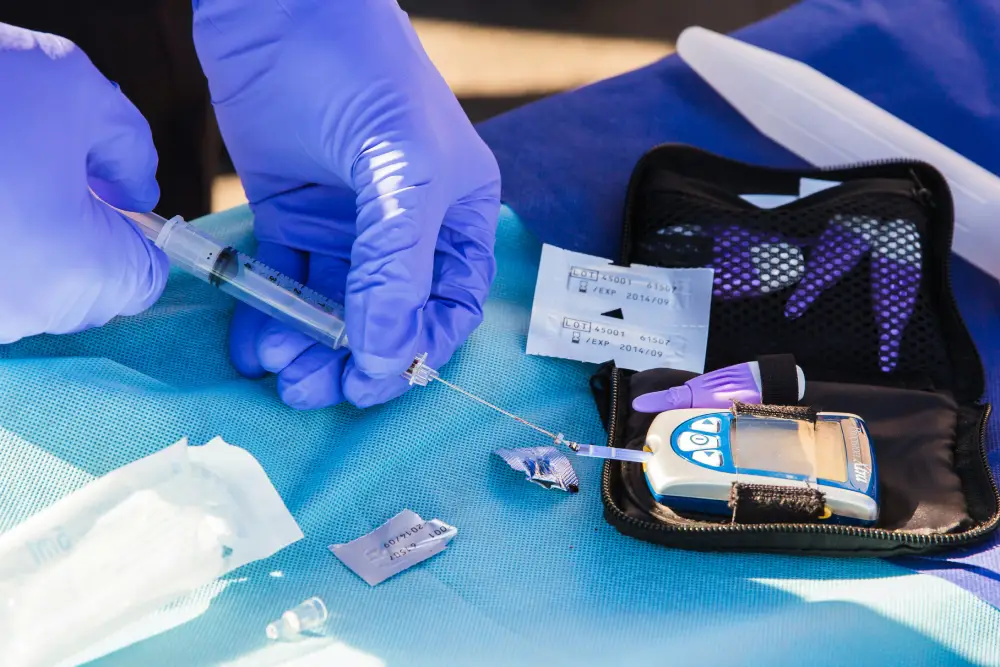
What do I need to know about diabetes?
November 19th 2020
What is diabetes?
Just like humans, our pets can get diabetes too. Diabetes is a disease that can occur in all types of mammals and affects the body’s ability to produce or respond to insulin. Insulin is a hormone that is produced by special cells in the pancreas, which plays a key role in controlling blood sugar levels.
Therefore, sufferers of diabetes have too much glucose in their bloodstream for prolonged periods of time, which causes the individual to become unwell and can have serious consequences if not managed properly.
How are our blood sugar levels normally controlled?
When food that contains carbohydrates or sugars is consumed, the body breaks them down into a simple form called glucose. Glucose is the main source of energy for all the cells in the body. As the glucose is absorbed via the gut, the body’s blood sugar levels rise. The pancreas will then detect the rising blood sugar levels and release insulin.
Insulin then unlocks the ‘gateway’ that allows glucose to leave the bloodstream and enter the body’s cells, maintaining a normal blood glucose level and supplying the cell with a source of energy.
Why does diabetes occur?
Diabetes in pets
Type One most commonly affects dogs and is when the body is unable to produce any insulin of its own. This type of diabetes is manageable with daily treatment, by supplementing your pet with artificial insulin. They will require treatment for the rest of their life.
Type Two is often caused due to lifestyle, meaning that overweight and underactive pets are more susceptible. With type two diabetes the pancreas can still produce some insulin, but not a sufficient amount to control blood glucose levels, hampered by their bodies cells not responding to insulin in the normal way. The good news about Type Two diabetes is that in some cases it can be reversed- with exercise and by feeding a suitable diet. Cats with diabetes will most commonly have type two.
What are the signs of diabetes?
If your pet starts to display any of these signs it definitely warrants a check-up with your local vet. Bloods and urine testing along with clinical signs can help to diagnose diabetes. If you are able to collect a urine sample, it would be helpful to take this in with you.
What’s involved in the treatment of Diabetes?
Treatment options will depend on which type of diabetes your pet has and what your vet recommends; this can be a combination of medications, regular insulin injections, exercise regimes and dietary changes.
What’s the Prognosis for a dog or cat with diabetes?
Diabetes is a chronic disease that generally affects most pets for life, but it can be well managed with medications, diet and exercise and most pets will go on to lead happy and healthy lives.

 Shop Dog
Shop Dog
 Shop Cat
Shop Cat
 Vet Know-how
Vet Know-how Contact
Contact


